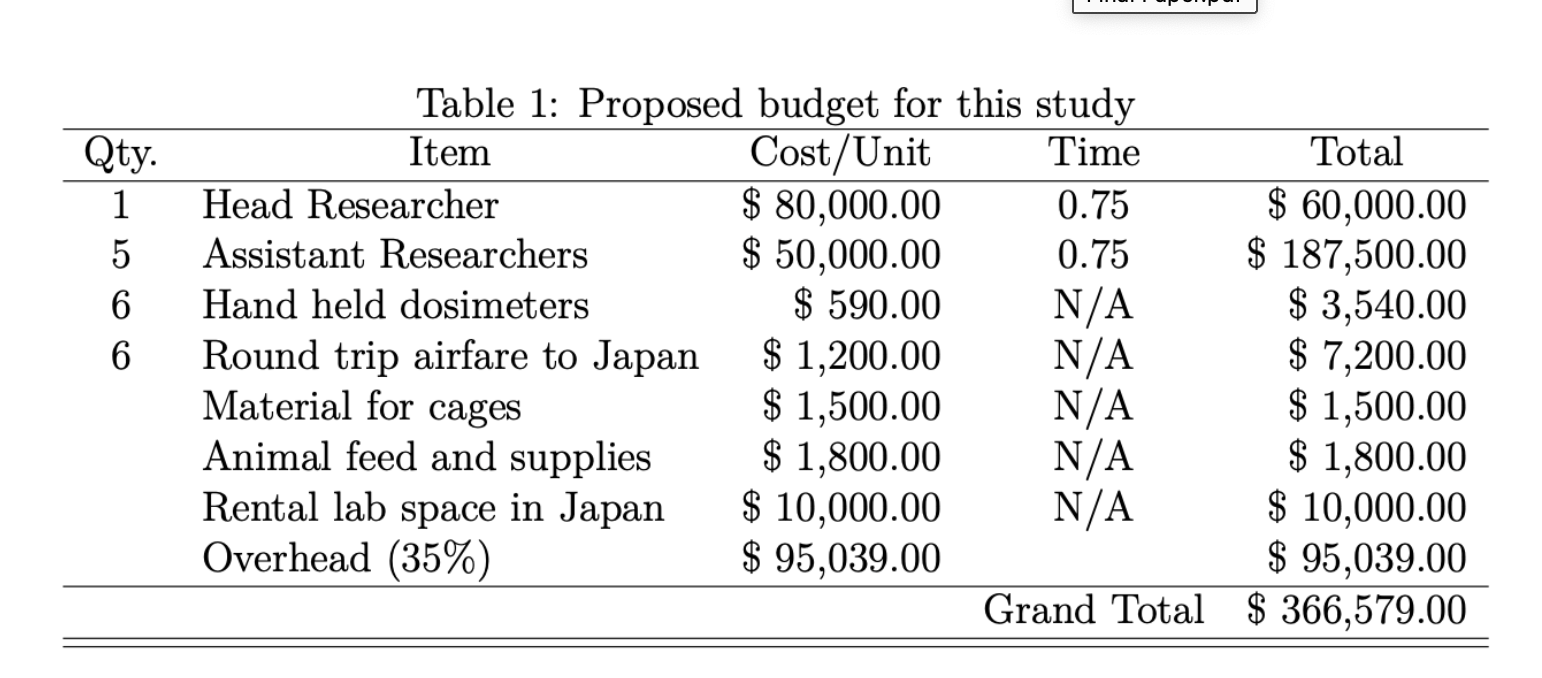One way to avoid using pesticides is to know how to prevent problems in the first place.
You can find detailed instructions for making compost tea, the elixir of life for plants of all types, on the Organic Gardening website. It's not that complicated.
Compost tea is an effective, low-strength, natural fertilizer for seedlings and garden plants, and it can suppress fungal plant diseases. The tea-brewing process extracts, and in some cases grows and multiplies, nutrients and beneficial bacteria and fungi from compost and suspends them in water in a form that makes them quickly available to plants.
Making compost tea doesn't require any special equipment. Here's how to do it:
1. Place compost and water (10 pounds mature compost for each 10 gallons of water) in a 40-gallon barrel. Protect the barrel from cold and heat.
2. Stir with a stick daily for a minimum of 5 days.
3. Strain the liquid from the compost after 5 days, using cheesecloth or burlap. There should be no bubbling or off odors. Use the compost tea immediately, without further dilution.
When you brew compost tea, be sure to use mature, sweet, earthy-smelling compost. If your compost smells unpleasant, it could be anaerobic, and few beneficial microbes survive in this environment. One way to achieve tea-worthy compost is to sustain pile temperatures at 135° to 155°F for a week or more by turning the pile often. Or, a well-built pile that has composted for at least a year will produce tea-ready compost even if it did not heat up to the ideal temperature range.
Keep in mind that E. coli can be present in the raw ingredients of a compost pile. Minimize the risk by maintaining a hot compost pile or allowing the compost to mature fully. And don't apply compost tea to any vegetable within 3 weeks of its planned harvest date.
For more information, visit http://www.organicgardening.com/learn-and-grow/compost-tea Happy Gardening!













